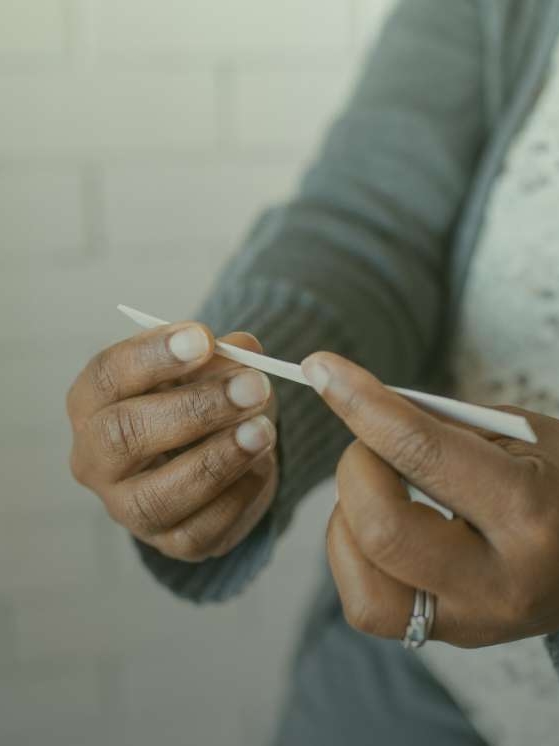Deciding to start a family is an exciting decision. If you’ve been using birth control in your relationship and are now considering trying to conceive, you may wonder how soon you can get pregnant after stopping contraception.
In this blog, we’ll explore different types of birth control and their effects on fertility, providing you with a better understanding of what to expect. Keep in mind that everyone’s body is unique, and individual experiences may vary.
Condoms/Diaphragms
Barrier methods, such as condoms or diaphragms, are widely used for contraception. One of the advantages of these methods is that they have no long-lasting impact on fertility because they are not hormonal contraceptives. Once you stop using barrier contraception, you can potentially conceive as soon as you start trying.
 Combined Oral Contraceptives (The Pill)
Combined Oral Contraceptives (The Pill)
The Pill is a commonly used form of contraception. It contains hormones that prevent ovulation, making it highly effective. After stopping the Pill, your fertility should return fairly quickly. Many women can conceive within a few weeks or months. However, it’s important to note that it may take some time for your menstrual cycle to regulate itself.
Progestin-Only Pills (Mini Pill)
Unlike combined oral contraceptives, the mini pill contains only progestin. It works by thickening cervical mucus and sometimes suppressing ovulation. After discontinuing the mini pill, fertility can return quickly, similar to the combined oral contraceptive. However, irregular periods may happen as your body adjusts.
Injectable Contraceptives
Injectable contraceptives, like Depo-Provera, are given every few months and work by suppressing ovulation. Fertility may take longer to return after stopping these injections. It can take several months or even up to a year for regular ovulation and menstruation to resume. If you’re planning to conceive, it is a good idea to choose a different contraceptive method until you are ready to start trying due to the contraceptive injections’ lasting effects.
Intrauterine Devices (IUDs)
IUDs come in two forms: hormonal and non-hormonal (copper). Hormonal IUDs release progestin and work by thickening cervical mucus and thinning the uterine lining. Copper IUDs, on the other hand, create an environment that is unfavourable for sperm. Once the IUD is removed, fertility generally returns quickly, with little impact on your TTC methods.
Implants
Implants, such as Nexplanon, are small, flexible rods inserted under the skin that release progestin to prevent pregnancy. After removing the implant, fertility typically resumes quickly. However, irregular bleeding or menstrual cycles may occur temporarily as your body adjusts, making it tricky to track ovulation.
Conclusion
When it comes to getting pregnant after stopping birth control, the timing can vary depending on the type of contraception you are using. Barrier methods, such as condoms, have no lasting impact on fertility, while hormonal methods like the pill, mini pill, and IUDs typically allow for a swift return to fertility without much impact when TTC.
Injectable contraceptives and implants may take longer for fertility to resume, so it is important to plan ahead if you’re considering conceiving. Remember, it’s always a good idea to consult with your doctor if you have any concerns for personalised advice based on your unique circumstances.
About Hoopsy
Hoopsy is on a mission to make healthcare more sustainable—starting with eco pregnancy test kits. Our plastic-free, paper-based hCG pregnancy test strips reduce waste without compromising accuracy. We believe better health starts with better choices—for you, and for the planet.
Learn More About…








